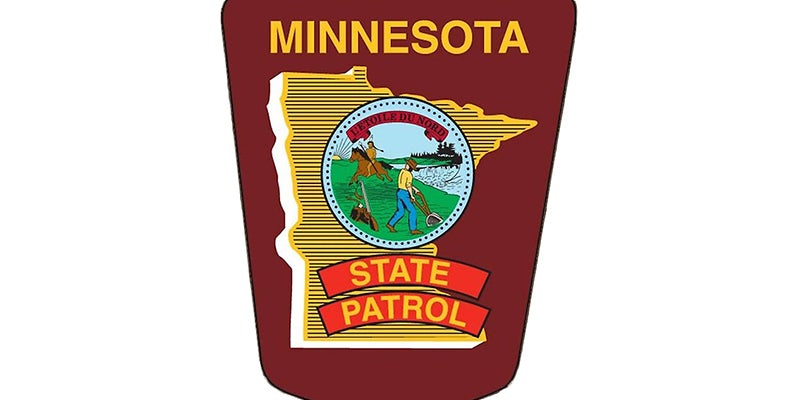Dan Sparks: Addressing Minnesota’s opioid crisis
Published 9:07 am Saturday, March 2, 2019
By Dan Sparks
State Senator, District 27
One of the growing issues facing Minnesotans across the state is the opioid crisis. There has been a major increase over the last few years in overdoses and accidental deaths. The numbers are stark, and it has risen to the level of a public health emergency that we must take action on. Solutions are needed before we lose another life to this crisis.

District 27 Sen. Dan Sparks, DFL-Austin
Last year, my colleagues and I in the Senate passed legislation to create a dedicated funding for addiction services and additional resources for those affected by opioids. Though it was a bipartisan priority, with a final vote of 60-6, the bill did not move forward in the House. However, I am pleased to say we are still working to get this legislation enacted, and this year it appears that we have the necessary support in both the Senate and the House, and the support of Governor Walz.
What we are working on this year is very similar to what we passed in the Senate last session. It requires an increased annual registration fee from manufacturers and wholesale distributers of opioids operating in Minnesota. These registration fees will go to an Opiate Epidemic Response Account, which will be used specifically to provide tools to address the crisis. Manufacturers and wholesalers must also annually report to the Board of Pharmacy each sale, delivery, and distribution of an opiate.
By increasing the state licensing fee system, it is estimated it will collect $20 million a year ($12 million from drug manufacturers and $8 million from drug distributors). These fees will help pay for the state’s response to the opioid crisis.
The bill also creates an 18-member Opiate Epidemic Response Advisory Council to implement a comprehensive statewide effort to address opioid addiction and the overdose epidemic in Minnesota. The Council will determine grant recipients out of the funds collected, to be awarded by the commissioner of human services. The commissioner of human services appoints the remaining members, except for those otherwise specified.
The funds collected will be provided to counties for child protection activities associated with addiction and the remaining will be for grants determined by the Council and other fixed appropriations listed in the bill. Reports must be made to the Legislature each year about the grants awarded and the outcomes of the projects. These reports will be reviewed by the Legislature to determine if the opiate registration fee should continue beyond July 1, 2023.
Several groups have spoken out in support of this legislation, including The Steve Rummler Hope Network, Legal Aid, the Association of Minnesota Counties, the Minnesota Medical Association, and the Board of Pharmacy. I’m also happy to see bipartisan support with both Democrats and Republicans working together on this important legislation.
This health crisis is affecting every corner of the state and is hurting each of our communities. This legislation is critical and necessary, and I look forward to it moving forward and being passed into law.


